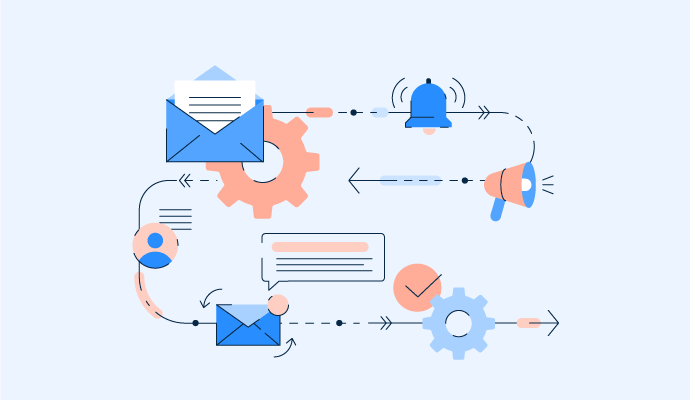How Cloud ERP Drives Strategic Growth For Finance Leaders
[ad_1]
By Elizabeth Milne, SAP
Finance leaders and their teams are under tremendous pressure to provide critical financial and operational information (the data the drives the decisions) at the drop of a hat – particularly in times of turmoil and uncertainty.
This was a major finding in a recent Aberdeen Report about the challenges finance leaders now face.
It’s fair to say that as a financial leader, you have got your hands full with the day-to-day financial operations, and yet the business also expects – in fact, needs – you to look through the mountains of data and details in your inbox and accurately forecast the future of their company. The business needs you to know what investments to make and which to avoid, and decide which priorities take priority. You are the one who must make the plans that guide the strategies that grow businesses.
And – this is the big one – you must tackle this organizational, strategic role and all the sophisticated analysis, business modeling, and forecasting that come with it with the same old financial systems you’ve been using for years.
You have to future-proof your growing business, in other words, with tools that are firmly rooted in the past. But, and this may be quite cold comfort, at least you’re not alone.
The problem worsens when you consider the foundational challenges tied to accessing and trusting this data – tied, essentially, to you doing your job. In fact, when Aberdeen asked your fellow finance leaders to identify the top two challenges to getting their jobs done, they said:
1) There are simply too many manual processes in between them and the information they need.
2) When they do get their hands on the data they need, they aren’t certain of its accuracy.
At the end of the day, your business needs real-time information from you, and everyone needs to be confident in what you give them.
So where’s the good news?
The same Aberdeen Report also offers a little light at the end of the tunnel, pointing out what best-in-class companies have in common and what they’ve done to alleviate the issue.
These top performers – the top 20% – use cloud-based ERP to ensure fast, secure, automated, and accurate data. They’re moving to the cloud to eliminate manual processes that slow their decisions and get in the way of growth.
What is that like? Well…
- What would it be like to be able to pull data from anywhere in the company into your budgeting system?
- What would it be like to automate those data imports, so you have what you need where and when you need it?
- How would it feel to effortlessly compile data and generate reports in multiple languages and currencies?
- How about getting real-time updates to your financial metrics?
- What would it be like to know the information on which you base your forecasts and decisions is accurate and up to date?
It would be a lot like having greater productivity and higher profits. The report highlights that these best-in-class businesses saw a 19.6% jump in productivity over the last two years, as compared to a -.8% drop for all other companies. Profitability shot up nearly 16% for the best of the best, as well, at the same time dropping -2.6% for all others.
If you had a system like they do – like ERP in the cloud, delivering instant, accurate financial data driving business decisions and top-and bottom-line growth – if you had digital tools to continuously refine your processes and improve how finance functions, well, that would be pretty good news indeed.
[ad_2]
Source link







